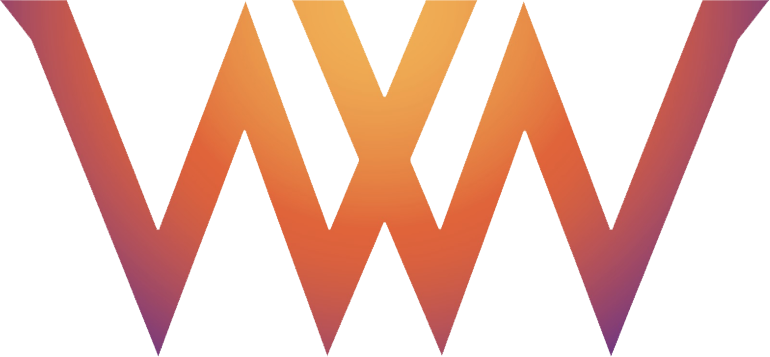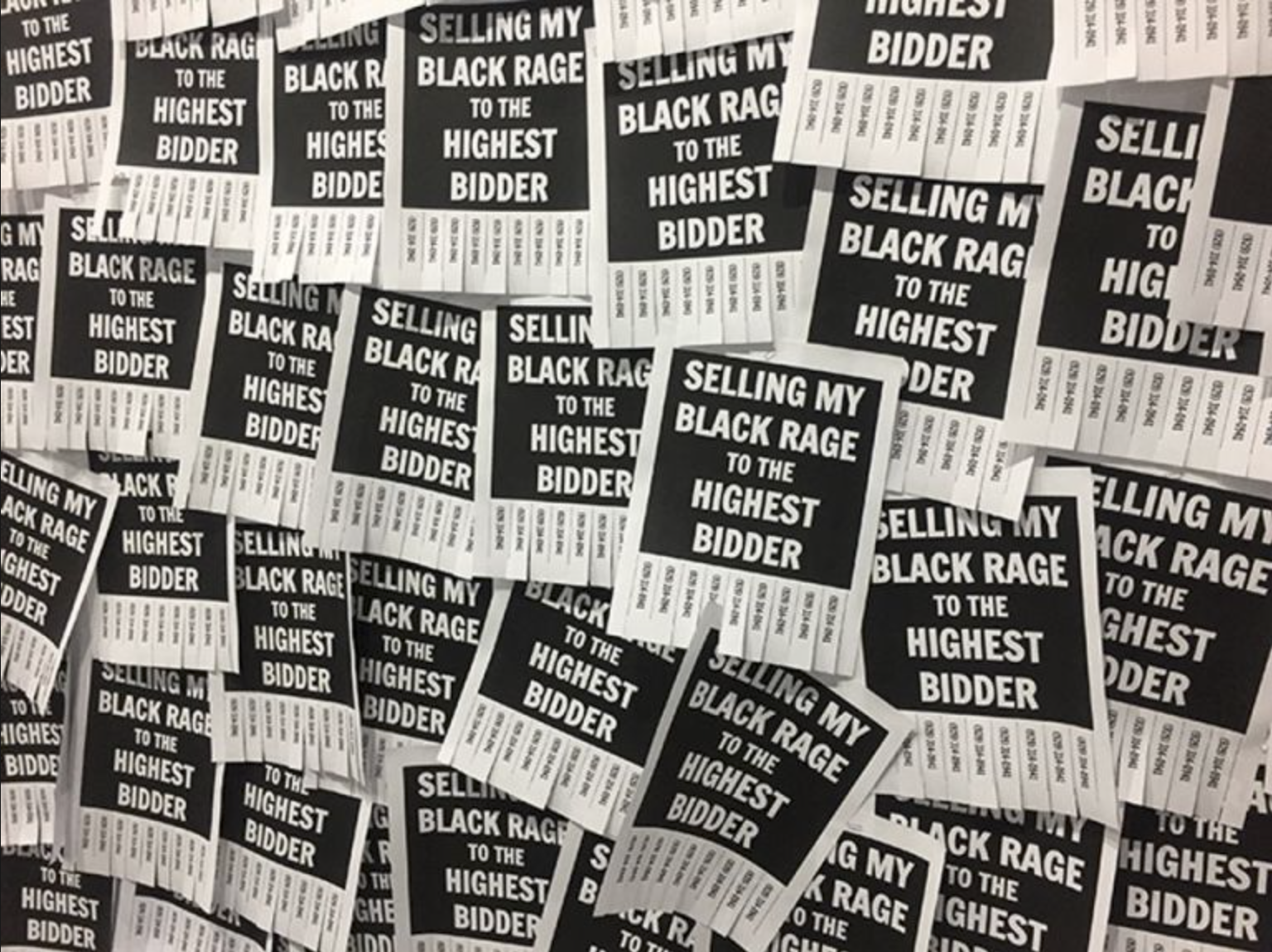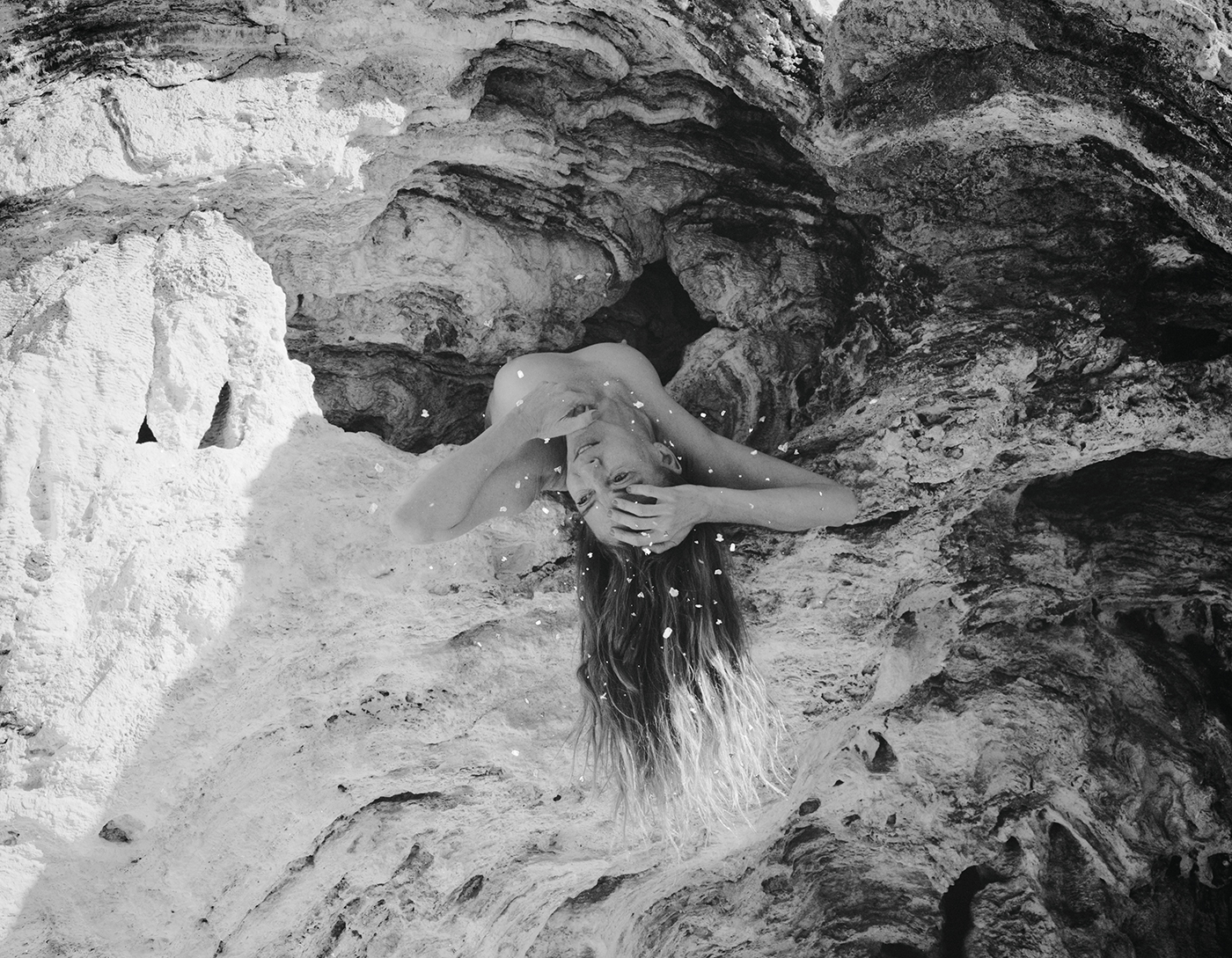We, Women is currently in the process of building our national network of participating artists. We have invited six artists whose work exemplifies our vision for We, Women. Stay tuned to find out who will join them in our first cohort of artists — we’ll announce on September 12!

SOL ARAMENDI
New York
Funding from We, Women will enable Sol to expand The Workers’ Studio, a program of Project Luz. The Workers’ Studio will create participatory art projects with immigrant women who are members of various workers’ cooperatives throughout New York City. The project aims to bring their stories and practices to new communities, while educating on how to join the solidarity economy — an economy to build a more equitable and participatory society, that puts people and the planet before profits. The project is further supported by organizations with relevant expertise.
ANNIE FLANAGAN + ASHLEY TEAMER
Louisiana
Photographer Annie and mixed-media artist Ashley will document Dillard University’s women’s basketball team The Lady Bleu Devils. This team was founded by Ashley's grandmother Mary Dixon Teamer in the wake of Title IX. This project, which began in 2018, combines archival and contemporary images that chronicle their pursuit of athletic and academic excellence at a historically black university. For We, Women Annie and Ashley will install images from this project throughout New Orleans and the Deep South including but not limited to public spaces such as bus stops, billboards, and store fronts. They hope that disseminating the work on this scale will affirm black women as essential to the New Orleans landscape.
www.annieflanagan.com | @annieflanagan www.ashleyteamer.com | @ateamer
TONIKA JOHNSON
Illinois
Tonika's Folded Map project is a multimedia visual exploration of what Chicago's historic segregation looks like and how it impacts its residents today. By connecting residents who live on the same street at corresponding addresses on Chicago’s North and South sides, Folded Map illuminates institutional conditions that segregate the city and helps residents understand how Chicago's urban environment is structured. For We, Women, Tonika will photograph and interview additional map twins, and host a large-scale, public projection of video and photographs in Englewood, her neighborhood on Chicago's South Side. Through open dialogue, the projection will invite audiences to question how they are personally and socially impacted by their city’s systemic inequity.
KAMEELAH JANAN RASHEED
California
Kameelah will return to her hometown of East Palo Alto to explore the relationship between gentrification, community change, and the preservation of local histories. She will work with local residents to create a digital archive of East Palo Alto’s rich history which includes everything from experiments with founding a college to environmental activism. In the long term, Kameelah hopes to explore the creation of a digital archive template for other small communities that seek to archive their rich local histories. The project examines intersecting issues related to housing, segregation, class, race, gender, economic development, and education.
KAREN MIRANDA RIVADENEIRA
New Mexico
Karen will collaborate with local activists focusing on water and land rights, preservation, education, and community empowerment, to document and challenge how fracking contaminates water in Taos. Water is a major issue in the American southwest due to the varying ways of water usage regulation. As a result, Indigenous people and communities of color are disproportionately impacted by lack of access to fresh, clean water. Karen will create a series of black and white images on which leaders of the movement native to the area will draw, paint, or collage. In conjunction with the photographs, she will create an audio installation that mixes natural sounds, words on water, songs, and video with information about how fracking contaminates water as well as actions people can take to limit or end fracking. Powered by solar panels, and exhibited in hand-built shelters, this work will be installed in natural settings near fracking sites.

















